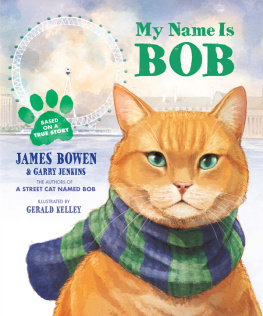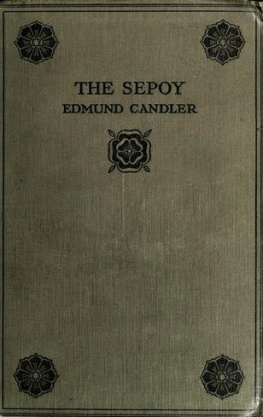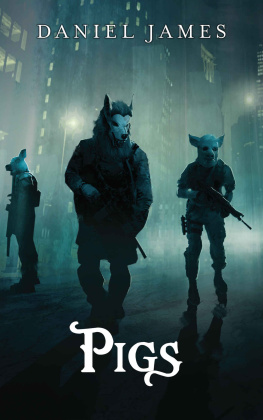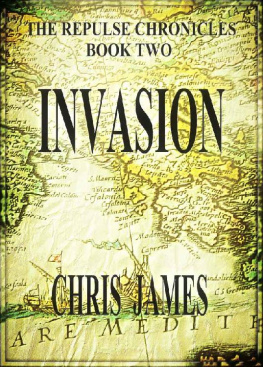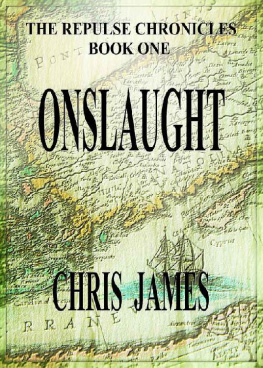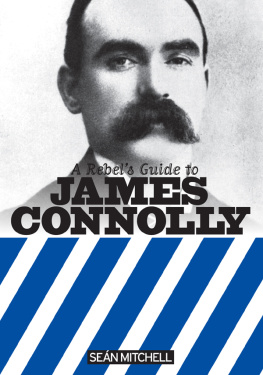ROUTLEDGE LIBRARY EDITIONS: BRITISH IN INDIA
Volume 9
FROM SEPOY TO SUBEDAR
From Sepoy to Subedar
being the Life and Adventures of Subedar Sita Ram, a Native Officer of the Bengal Army written and related by himself
Edited by
James Lunt
First English edition published in 1873
This version first published in 1970 by Routledge & Kegan Paul Ltd
This edition first published in 2017
by Routledge
2 Park Square, Milton Park, Abingdon, Oxon OX14 4RN
and by Routledge
711 Third Avenue, New York, NY 10017
Routledge is an imprint of the Taylor & Francis Group, an informa business
this version, 1970 James Lunt
All rights reserved. No part of this book may be reprinted or reproduced or utilised in any form or by any electronic, mechanical, or other means, now known or hereafter invented, including photocopying and recording, or in any information storage or retrieval system, without permission in writing from the publishers.
Trademark notice : Product or corporate names may be trademarks or registered trademarks, and are used only for identification and explanation without intent to infringe.
British Library Cataloguing in Publication Data
A catalogue record for this book is available from the British Library
ISBN: 978-1-138-22929-7 (Set)
ISBN: 978-1-315-20179-5 (Set) (ebk)
ISBN: 978-1-138-24364-4 (Volume 9) (hbk)
ISBN: 978-1-315-23238-6 (Volume 9) (ebk)
Publisher's Note
The publisher has gone to great lengths to ensure the quality of this reprint but points out that some imperfections in the original copies may be apparent.
Disclaimer
The publisher has made every effort to trace copyright holders and would welcome correspondence from those they have been unable to trace.
From Sepoy to Subedar

'He got up to welcome my uncle'
From Sepoy to Subedar
being the Life and Adventures
of Subedar Sita Ram,
a Native Officer of
the Bengal Army
written and related by himself
Edited by James Lunt
Translated and First Published by Lieutenant-Colonel Norgate, Bengal Staff Corps at Lahore, 1873
Illustrated by Frank Wilson
First English edition 1873
This edition 1970
by Routledge & Kegan Paul Ltd
Broadway House, 68-74 Carter Lane
London, E.C.4
Printed in Great Britain
by Ebenezer Baylis and Son, Ltd.,
The Trinity Press, Worcester and London
this edition, James Lunt 1970
No part of this book may he reproduced
in any form without permission from
the publisher, except for the quotation
of brief passages in criticism
ISBN 0 7100 6764 x
This book is dedicated to the
jawan
past and present
with admiration and affection
The Hindi word, jawan, meaning village lad, or peasant, has long been used by the officers of the Indian Army as an affectionate description for their soldiers.
*James Thomas Norgate, 'The Translator', was born in Suffolk in 1824. He joined the Bengal Native Army as an Ensign in 1843, and retired with the honorary rank of Major-General in 1880. He served with the 69th Bengal Native Infantry, which mutinied at Multan in 1858, and he later commanded the 12th Punjab Infantry during the campaign in Bundelkhand in 1859. He died in 1894.
I have attempted to render into English the Life and Adventures of this Native Officer, and in so doing have often been obliged to give the general meanings, rather than adhere to a literal translation of many sentences and ideas, the true idiom of which it is almost impossible to transpose into English.
In some parts of the narrative it becomes rather confused, and some of the dates are evidently incorrect, but when it is remembered that this 'life' embraces scenes and events which occurred during a period of half a century, and are related by an old man, these errors are not surprising.
For the opinions contained in the work, I am not responsible.
The narrative without doubt might have been expressed in more elegant language, and there are incidents enough, had one the pen of a 'Grant', to have produced a romantic tale, but as Truth is said to be stranger than Fiction, I have preferred to let it remain in its own unvarnished style and simplicity. For the benefit of those who may wish to criticize the translation, where any idiomatic words are used, the originals are often given, and critics are welcome to put that construction on these as seemeth them best. It is believed that this is one of the first attempts of any native soldier to give his thoughts and ideas to the world, and it took great trouble and a great amount of assurances before the Subedar would part with his memoirs; so afraid are the natives (particularly those receiving pensions) of saying a word which might be considered to censure Government.
It is certain that if we were to study this little work, we might obtain a better insight into native modes of thought and character than unfortunately many now possess. This Life and Adventures appeared many years ago in an Indian periodical since defunct (alas, the fate of most Indian periodicals) and at the time met with great favour, and excited no little interest.
The Times said in 1863, 'It would be well if all officers whose lot compels them to serve with native troops were to study this life of the old Subedar'.
Punjab
1 January 1873
The Translator*
Sita Ram Pande, the author of these memoirs, was one of the many Indian soldiers who helped the British to conquer India, and thereafter to hold it. He enlisted in 1812 as a sepoy into an infantry regiment of the Bengal Native Army, and he remained a soldier until he went on pension in 1860 after forty-eight years' service. During the intervening period he had taken part in the campaigns against the Gurkhas, the Pindaris and Mahrattas, and the Sikhs; he had been present at the storming of Bharatpore; and he had taken part in the ill-fated First Afghan War. He remained true to his salt during the Mutiny. He rose from Sepoy to Subedar, but only attained the latter rank when he was too old to be able to perform bis duties. He claims that he was wounded seven times, taken prisoner once, and was awarded six medals. At the end of this long and interesting career, and at the behest of his last Commanding Officer, he set down in writing the story of his experiences in the service of the always incomprehensible British.
The expansion of British rule in India during the last century is abundantly documented. In addition to State Papers there are numerous memoirs, letters, and diaries of British officers, military and civilian, who played a part, great or small, in extending the frontiers of British India, and in pacifying the interior. Even more humble individuals, such as John Shipp and PrivateWaterfield, have committed their experiences to writing; but although it may be a mistake to claim for Sita Ram that his memoirs are unique of their kind, it can be said that they are the only account so far published of an Indian sepoy's experiences during the first half of the nineteenth century. Other memoirs may come to light in the future; they may be lying in a cupboard in some feudal mansion in Bundelkhand or the Punjab, or be hidden beneath the debris in a humble village home in Madras or Maharashtra. So far as is known, however, Sita Ram was the only Indian soldier of his time to yield to the persuasion of his British Commanding Officer and write the story of his life in the service of the Sirkar.








